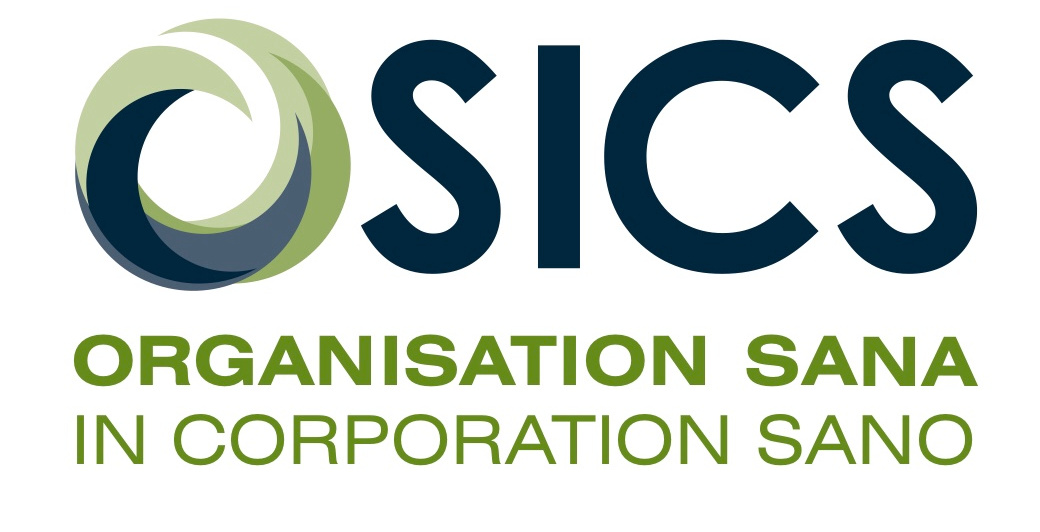Supporting the long-term adoption of lean practices, … ensuring continuous improvement becomes a core part of the culture.
SITUATION
A company specializing in the production of plasma derived medical products and recombinant proteins for the treatment of patients with serious/rare diseases. Currently, there is a strong need to improve operational consistency, reduce variability in production processes, and foster a culture of continuous improvement. Implementing lean principles is anticipated to support these goals by reducing waste, improving quality, and enhancing productivity.
Current Challenges:
- Absence of Leader Standard Work (LSW): LSW is not fully established, leading to variability in leadership engagement and accountability. Without structured LSW, frontline leaders (FLLs) and higher management lack consistent standards for daily operations, which impacts their ability to support and sustain lean initiatives.
- Frequent pH Adjustments: pH adjustments are currently required multiple times throughout the production process. These adjustments create delays, increase variability, leading to wastes.
- Inconsistent GEMBA Practices: GEMBA walks are performed sporadically and lack structure, which limits frontline leaders’ ability to consistently observe and resolve production issues. This inconsistency hinders the identification of root causes of inefficiencies and reduces employee engagement in improvement activities.
APPROACH
Leader Standard Work (LSW):
- Developing LSW and optimizing WoW: Coached teams toward definition of needed specific tasks and daily responsibilities for each level of leadership, from senior management to FLLs. This includes activities like daily audits, shift handovers, Performance meetings, problem solving sessions and GEMBA.
Drove teams to optimize and streamline their governance and meetings – Training for Leaders: Conducted training to ensure all leaders understand their roles within LSW and the value it brings to lean culture. – Feedback and Accountability Mechanisms: Established regular review sessions where leaders discuss adherence to LSW and suggest improvements. This process will enhance accountability and allow adjustments based on real-time insights.
Reduction of pH Adjustements:
- Root Cause and data Analysis: Used lean tools such as the 5 Whys ,Cause-and-Effect Diagrams, VSMs as well as 6Sigma analysis to pinpoint underlying reasons for frequent pH adjustments. This enabled targeted action plan to minimize unnecessary adjustments and recalculate the new regression equations – Continuous Monitoring and Feedback: Supported the Implementation of a feedback loop, using statistical process control (SPC) charts, to monitor pH trends and identify deviations early.
GEMBA Walks:
- Structured Objectives: Supported the establishment of a standardized GEMBA protocol to focus on identifying and resolving specific inefficiencies and waste in production processes.- Scheduled Walks: GEMBA were scheduled for all management levels to conduct regular walks with a clear focus on engagement and immediate issue resolution. – Standardized Observation Forms: Templates were provided to document observations and follow up on actions ensuring clear accountabilities.
IMPACT
Reduced Frequency of pH Adjustments:
- Operational Efficiency: Achieving consistent pH levels on the first attempt will streamline production, reducing delays and variability. Above 80% RFT compared to initially less than 50%
Improved Leadership Consistency and Accountability with Leader Standard Work ( All LSWs were defined and adherence started to be monitored):-Alignment Across Leadership Levels:
- Standardizing leadership responsibilities through LSW ensures a consistent approach, aligning leaders with organizational goals.- Enhanced Communication and Goal Alignment: By standardizing leaders’ routines, LSW facilitates clear communication and coordinated actions toward shared objectives.- Sustainable Lean Culture: Embedding LSW in daily operations supports the long-term adoption of lean practices, ensuring continuous improvement becomes a core part of the culture.
Enhanced Problem-Solving and Ownership through GEMBA:-Employee Engagement:
- Structured GEMBA walks will encourage employees to contribute their insights, fostering a sense of ownership over processes and improvement initiatives. – Identification and Reduction of Waste:
- Regular GEMBA walks will allow leaders to spot and resolve inefficiencies, thereby reducing waste and optimizing the production process.- Strengthened Continuous Improvement Culture: GEMBA walks reinforce a culture where employees and leaders collaboratively identify and resolve issues in real-time
